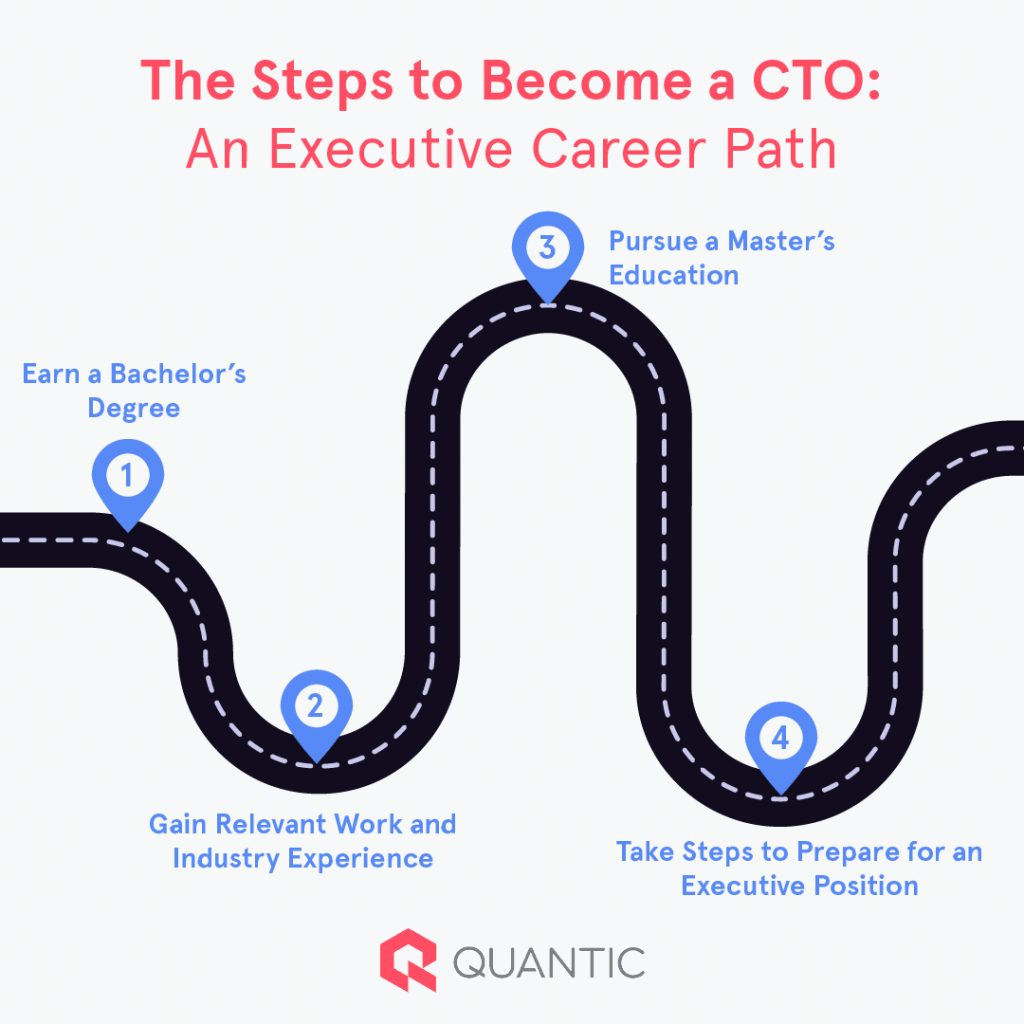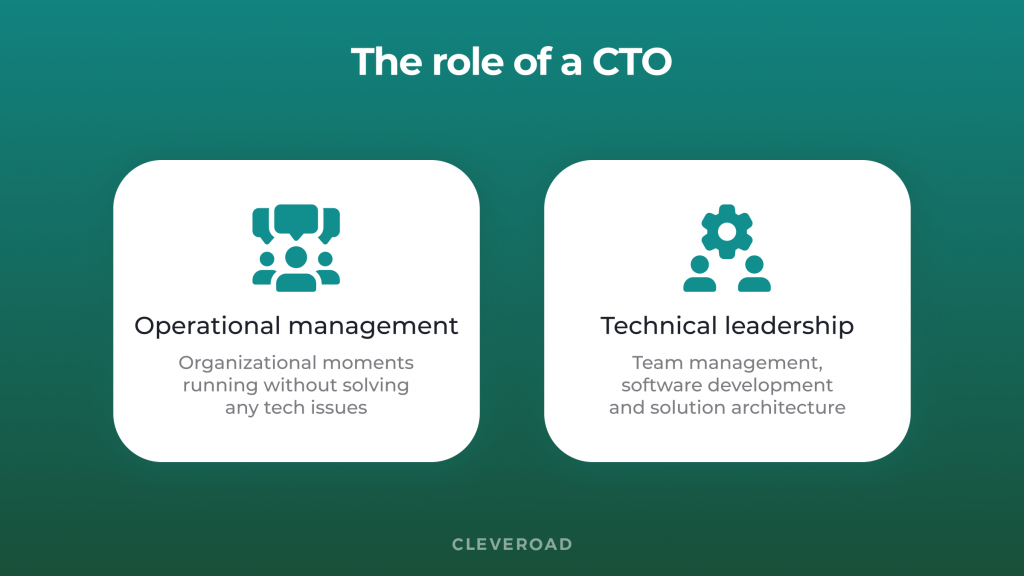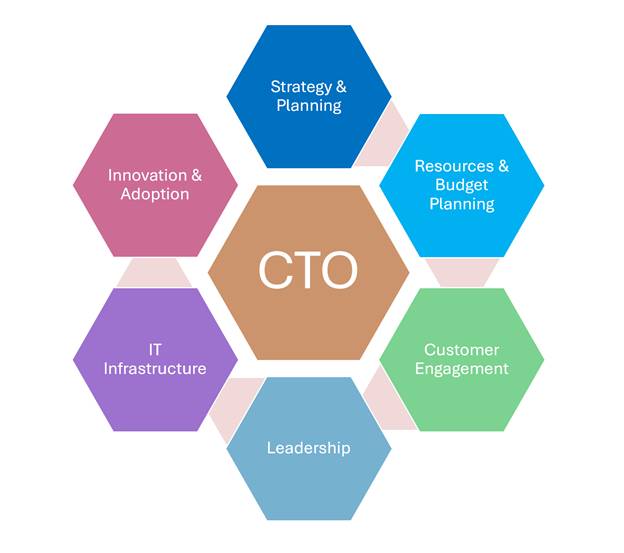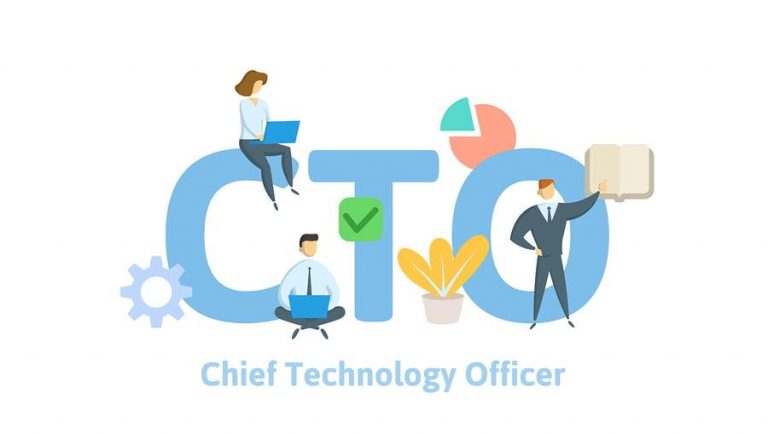Introduction:
There are various levels of Chief Technology Officer. Therefore, it should come as no surprise that the wage structure will vary depending on the role a person holds. For instance, someone with less than a year of experience working as an entry-level Chief Technology Officer can anticipate earning approximately 600,000.
Who is Chief Technology Officer?

CTO India: A company’s Chief Technology Officer (CTO) is the person in charge of overseeing current technology and developing pertinent policies. A CTO should have the business expertise required to match technological decisions to the objectives of the enterprise.
A CTO is in charge of creating, implementing, managing, and assessing the company’s technology resources in addition to resolving IT-related problems.
The Chief Technology Officer (CTO) role frequently overlaps with other positions, especially the CIO (Chief Information Officer) and CSO (Chief Science Officer). A company may have any or all of these positions, depending on its size and emphasis. Typically, the CTO answers to the CEO (Chief Executive Officer).
Salary of Chief Technology Officer (CTO):
A CTO’s salary is not simply based on their level of expertise. Without a doubt, experience is a key factor in remuneration structures for CTO positions, but other factors are also taken into account. We’ll examine a few of the elements that go into the wage structure for this position in this section.
The annual pay is based on the level of competition, education, abilities, experience, and the hiring company’s annual gross sales. The average CTO salary ranges from ₹753551 to ₹2996543 per year.
CTO Salary in India 2022:
According to nine salaries, the average annual salary for a Chief Technology Officer (CTO) with less than a year of experience is predicted to be ₹600,000. This salary package includes overtime pay, bonuses, and tips. An early career Chief Technology Officer (CTO) with 1-4 years of experience makes an average total compensation of ₹884,372 based on 48 salaries.
Based on 61 salaries, the average total income for a mid-career Chief Technology Officer (CTO) with 5–9 years of experience is ₹1,898,939 per year.
Based on 187 salaries, the average total compensation for an experienced Chief Technology Officer (CTO) with 10–19 years of experience is ₹3,418,037. Employees who are in their late careers (20 years or more) make an average total salary of ₹4,853,611.

What does Chief Technology Officer (CTO) do?
The chief technology officer is a member of an organization’s executive team. He or she oversees all technology development initiatives for the business. In a business that works with technology, this is often the most senior job. Strong leadership skills are needed because the CTO typically manages teams of workers in the information technology division.
Because the CTO may decide when technologies need to be changed, it’s imperative to stay current on industry advancements. It is also crucial to keep an eye on them in order to stay one step ahead of the opposition. The CTO will carry out extensive research and write reports. The executive team can then use this to make decisions.
The CTO will develop a company vision and a strategy to carry it out in the future. In order to give users a positive experience and to improve employee productivity, it is crucial to make use of the greatest technology available.
It is typically required to have several years of experience in a role related to information technology because this is a senior position in a corporation. Being self-motivated, capable of problem-solving, multitasking, and working effectively under pressure are essential skills for the position because it entails a variety of responsibilities. A bachelor’s, master’s, or doctorate degree in computer science, information technology, programming, or a related profession may be required of the CTO.
Chief Technology Officer Qualification & Experience:

- Earn a bachelor’s degree: For entry-level CTO positions, a bachelor’s degree is often necessary. Bachelor’s degrees in this discipline are frequently awarded in computer science, data science, digital media, or other related fields. Such a degree can familiarise you with ideas like programming, cyber law, and data integrity while preparing you for a career.
- Get a master’s degree: People who aspire to work as CTOs in the future might desire to earn both a bachelor’s and a master’s degree. You can develop your technical proficiency and be better prepared for the business aspects of this profession by earning a master’s degree. Many aspiring chief technology officers get master’s degrees in business administration, cyber security, or other related areas.
- Obtain work experience: You must first gain on-the-job experience in an IT-related position before you can become a CTO. Before a candidate is taken into consideration for an executive-level position, many employers demand that they have a minimum of five to ten years of experience. Jobs in the fields of security engineering, information security management, and web software development can all help candidates for this position by providing relevant expertise.
- Request a promotion: You can start looking for an available chief technology officer post once you have obtained the required degree and experience. You can look for positions outside of your present organization or within it. To increase your chances of getting employed, attempt to apply for jobs in the sector that you are most comfortable with.
Roles and Responsibilities of Chief Technology Officer (CTO):

Making all choices pertaining to a company’s technological requirements is the chief technology officer’s main duty. The following tasks could fall under the purview of a CTO:
- Establishing and carrying out objectives for the research and development (R&D) division.
- creating and managing a technology use strategy for a business to maximize output and productivity.
- ensuring that a company uses its technology effectively and economically.
- assessing current technologies and introducing new systems as needed.
- creating and implementing quality control and data protection procedures.
- keeping track of and evaluating IT budgets.
- educating employees and stakeholders about technological strategy.
- implementing IT initiatives targeted at enhancing customer happiness and experience.
- Approving the creation of new software, communications, and IT infrastructure.
- Setting performance objectives, providing crucial knowledge, managing department heads, and leading technical teams in daily operations.
- To compare and assess a product’s or solution’s applicability, conduct technical reviews.
- Assist the top management team in making strategic decisions and allocating resources.
- Keep track of the maintenance, future needs forecasts, and management of all the hardware, software, databases, and licenses.
- Establish technological strategies and make sure that procedures abide by requirements for the community, state, and federal privacy and security.
Required Essential Skills of Chief Technology Officer (CTO):

One of the top positions in IT is that of CTO. To ensure they can accomplish duties successfully, all candidates must possess a set of competencies. Among the most crucial abilities are:
- Business Sense – A CTO needs to have a thorough awareness of how businesses run, their problems, and how to solve them.
- Leadership Skills – CTOs frequently collaborate in teams. A CTO should be able to inspire workers to achieve high levels of productivity. In order to accomplish this, a CTO must assign duties and, when necessary, provide mentoring and advice.
- Effective Communication- Effective communication with all stakeholders is a skill that a CTO should possess. This includes disseminating concepts, know-how, and problem-solving techniques. This requires a solid comprehension of the company and the projects the CTO is involved with.
- Decision-Making Skills – Making crucial decisions about teams, resources, tasks, and timelines are one of a CTO’s biggest duties. The CTO can develop a plan that addresses each of these issues or collaborate with the technical co-founder and other key players to offer guidance as necessary.
- Thinking strategically – To concentrate on the wider picture of a company’s or project’s objectives, a CTO needs to think strategically. The CTO is in charge of managing a group of project managers, engineers, and designers as they concentrate on the small print.
- Abilities to handle time – It is crucial to have great time management skills because the duties of the CTO can be so demanding. This involves having the ability to plan projects, adhere to schedules, and meet deadlines.
- Capacity to hire IT talent-A CTO should be able to find, hire, or at the very least, evaluate fresh candidates. The CTO has the expertise and knowledge to recognize whether applicants are qualified for particular positions and what kinds of abilities they ought to possess.
- Ability to conduct research – When new projects are started, the CTO must be able to do in-depth research into the demands of the business and the ideal solutions. Additionally, the CTO must be able to recognize potential problems and come up with solutions.
FAQs about Chief Technology Officer:
How much does a CTO make each month in India?
You must be aware of a CTO’s monthly pay in India. A person in this position can anticipate making roughly 32 lakhs a year on average. This works out to about 2.7L a month. Depending on the sector you work in, the CTO compensation may change a little.
Who is CTO?
The chief technology officer (CTO) is in charge of a company’s current technology policy. For the organization they work for, they will also be in charge of developing pertinent policies. The average salary for a CTO is seen as being high and lucrative.
How much does a CTO make the most in India?
A CTO’s compensation will in fact vary depending on the organization they are employed by. However, the maximum annual income for someone in this position is roughly 118.5 Lakhs. It implies that they have a potential monthly income of 9.9L.
Is the job of a CTO financially rewarding?
You may be confident that you will be able to make a good living when you work for a renowned and famous organization. So, it’s safe to say that being a CTO is a lucrative career. A solid chief technical officer compensation package is available.
What questions should I ask a chief technology officer?
- How does our technology stack affect business costs?
- How does our technology stack benefit or impede productivity?
- Should we consider outsourcing anything?
- What impact would migrating to the cloud have on the business?
What are the two roles of a chief technology officer?
A chief technology officer (CTO) is responsible for overseeing the development and dissemination of technology for external customers, vendors, and other clients to help improve and increase business. They may also deal with internal IT operations if a company is small and doesn’t have a chief information officer.
What can I expect from a CTO round?
Most interviews will start off with a series of standard personal questions that aren’t necessarily technical in and of themselves, but they do help the interviewers to assess your technical background. You can expect the standard interview questions that look at your background, hobbies, and interests as well.
What makes a good chief technology officer?
A good CTO is well-versed in technology. They would have accumulated vast technical experience by having worked on different levels of development and have dealt with many challenges. They would know the different programming languages and their major uses with pros and cons.
Conclusion:
CTO is a senior managerial position in any organization. A chief technology officer must also carry out a number of additional duties, though. The pay scale that a person could anticipate while holding this post was covered in this article. The compensation is depending on a number of variables, including experience, geographic region, and employer. Additionally, it depends on the kind of business you are employed by. For instance, the pay for a CTO at a startup will be different from that of other businesses.

